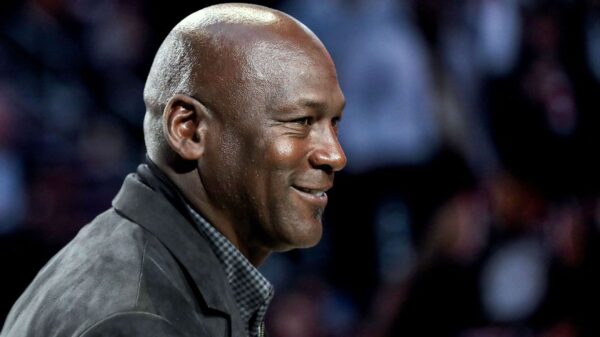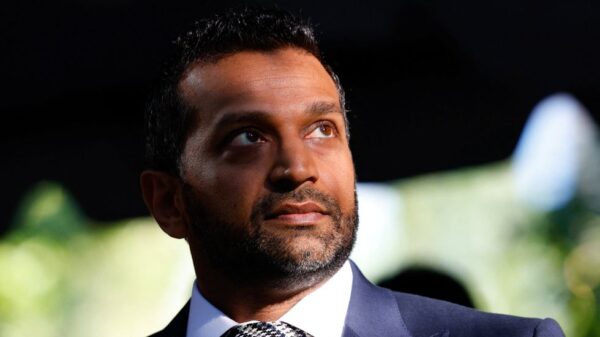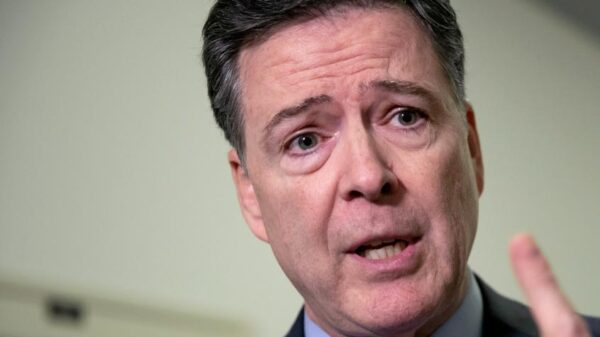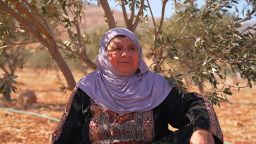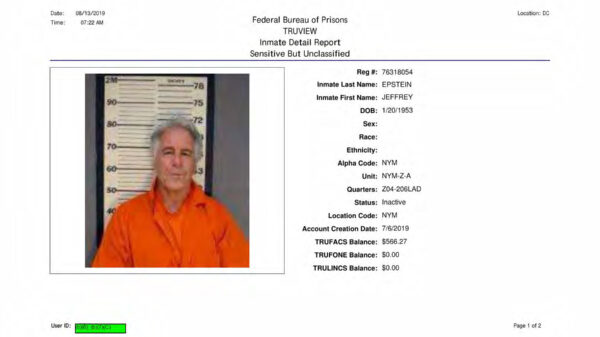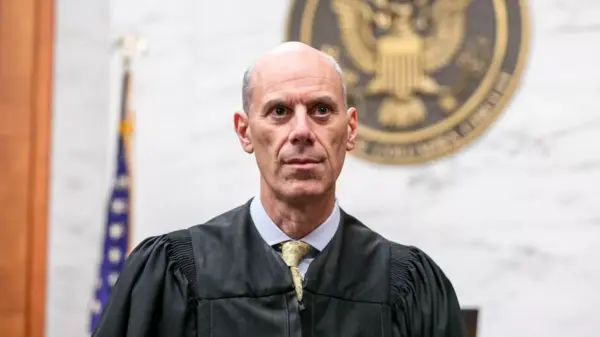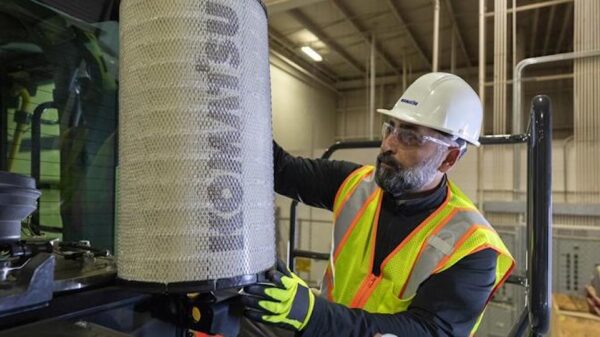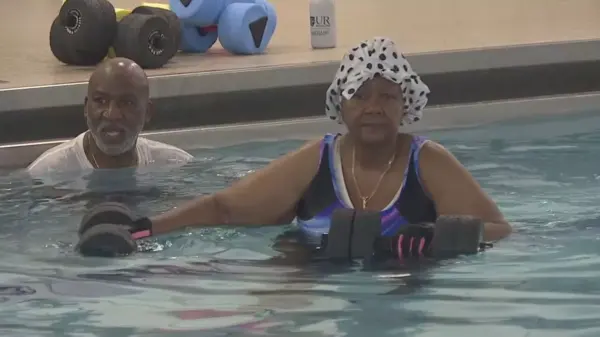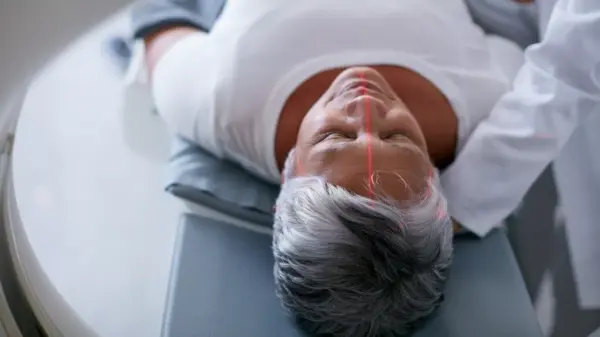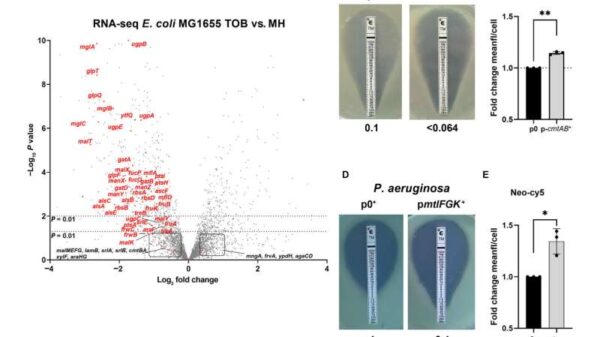SilverSneakers will discontinue its fitness program at YMCAs in the Rochester area starting on January 1, 2026. This decision impacts approximately 7,500 seniors who rely on the program for affordable access to fitness facilities through their insurance providers. The YMCA of Greater Rochester announced that this change will alter the landscape of community fitness for many local seniors.
Ernie Lamour, the president and CEO of the YMCA of Greater Rochester, expressed the organization’s commitment to finding alternative solutions for its members. “We have been working extremely hard and diligently behind the scenes to ensure that all our members can continue to participate in the life of the Y,” he stated at a press conference. The YMCA serves as more than just a fitness center; it plays a crucial role in fostering community among seniors, many of whom experience loneliness and find companionship within its walls.
The decision has raised concerns among local residents and officials. Inez Burns, a senior member of the community, questioned why the program was being dropped, especially since insurance companies cover the SilverSneakers initiative. She emphasized the need for local leaders, including Monroe County Executive Adam Bello and Rochester Mayor Malik Evans, to explore alternative venues for seniors to gather.
Burns noted, “When you can’t walk in your own community to exercise because you’re afraid of getting shot or robbed, that’s another issue.” This highlights the broader challenges facing seniors in urban environments, where safety and accessibility are significant concerns.
While the YMCA of Greater Rochester will no longer be part of the SilverSneakers program, it remains committed to providing health and wellness options. The organization is still in-network with the premium Renew Active plan. Members are advised that all insurance-based memberships will expire on December 31 and must be renewed in person at their local Y after the new year.
The SilverSneakers program has been a vital resource for many seniors, offering them not only physical fitness but also a sense of belonging. As the YMCA transitions away from this program, it faces the challenge of maintaining its community-focused mission while adapting to the changing landscape of health and wellness services.
As the date approaches, community leaders and members alike are hopeful that solutions will arise to ensure seniors in the Rochester area continue to have access to the resources they need for both physical health and social engagement.





